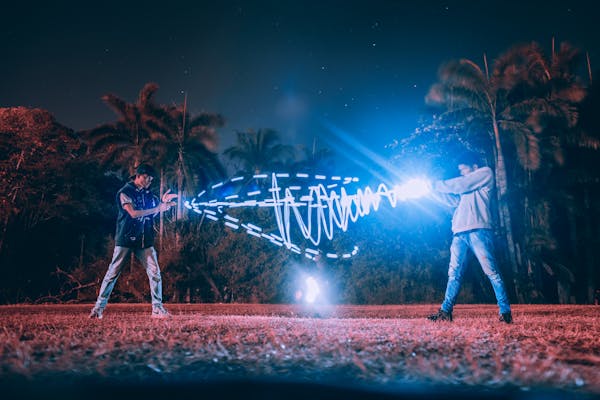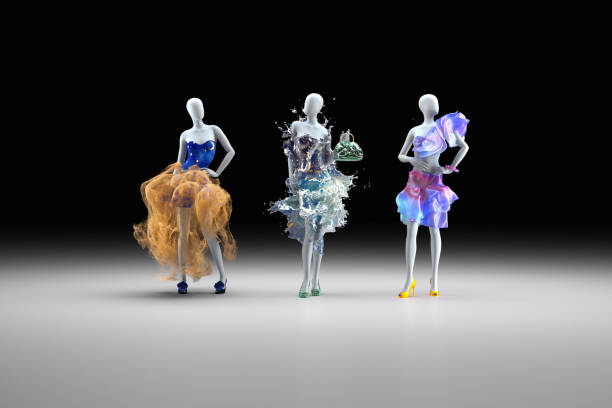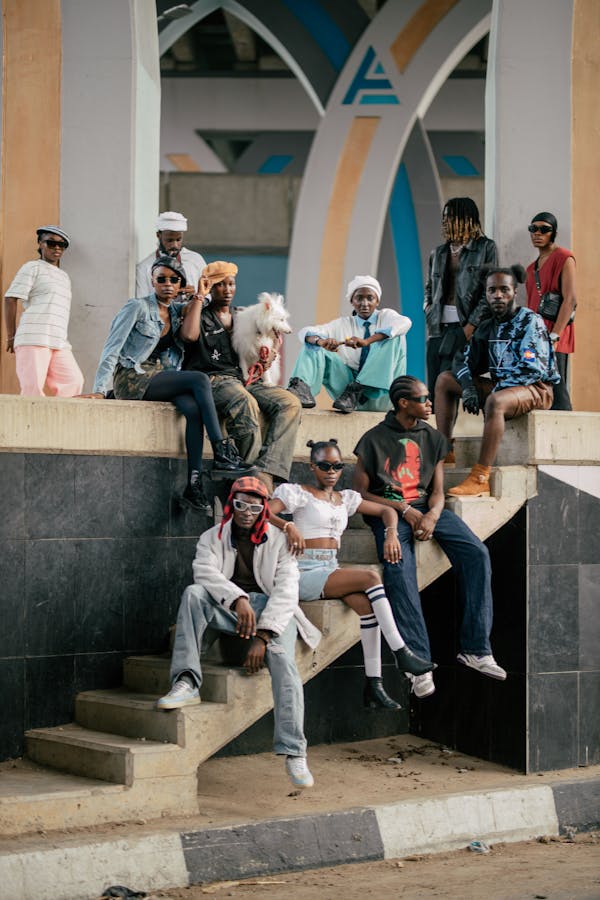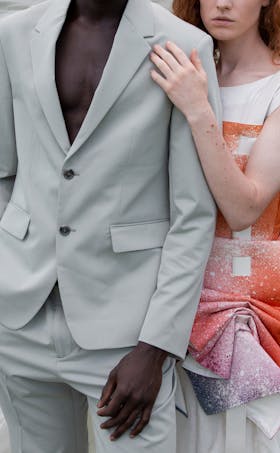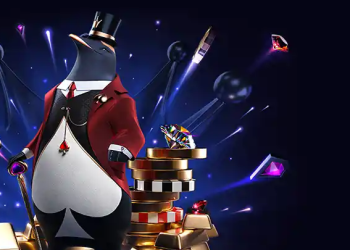Starting a collection can be a rewarding hobby that combines passion, learning, and organization. Whether you’re interested in stamps, coins, art, or something more niche, building a collection offers an opportunity to immerse yourself in something you love. If you’re considering starting your own collection, it’s important to approach it thoughtfully. Below are some tips that can guide beginners on how to start a collection and make the most of it.
Choose Your Focus
The first step in building a collection is deciding what you want to collect. It’s important to choose something that genuinely excites you, as collections can take time to grow. A focused collection helps you stay motivated and organized. Here are a few common options:
- Stamps: A classic hobby for many, stamp collecting involves both historical significance and artistry. It’s relatively inexpensive to start, and you can find stamps from all over the world.
- Coins: Collecting coins can be an exciting journey, especially when hunting for rare or limited edition pieces. Each coin tells a story about the culture and history of its country.
- Vintage Clothing: Some collectors focus on fashion, hunting for rare items that reflect specific time periods or styles. This collection can be both personal and valuable.
- Art: Collecting art is a more significant investment, but it’s a great way to build a personal gallery. You can start small by collecting prints or works from local artists.
The key is to find something that intrigues you. If you’re uncertain, try a few different types of collections to see what sparks your interest.
Research and Education
Once you’ve settled on a collection focus, it’s essential to learn more about the items you’re collecting. Research will give you a deeper appreciation of the items and help you make informed decisions when buying or trading. There are a few ways to start:
- Books and Catalogs: Libraries and online retailers offer a wealth of resources, from dedicated books to catalog guides, which can provide valuable information on the history, rarity, and value of the items you’re collecting.
- Online Forums and Communities: Joining a collection-focused community can be incredibly helpful. Forums, social media groups, and websites offer a space where you can discuss your collection with fellow enthusiasts, get advice, and learn about upcoming events.
- Museums and Exhibits: Visiting museums or exhibits related to your collection is another great way to deepen your understanding. You may even have access to rare pieces that could inspire your next acquisition.
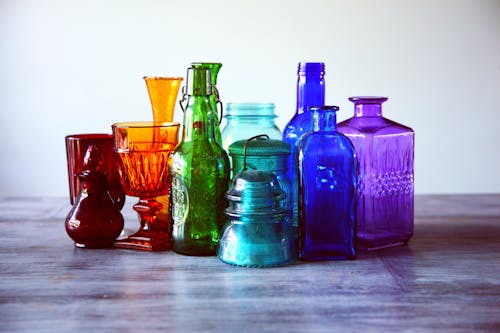
By familiarizing yourself with the intricacies of your collection, you’ll be able to identify what makes certain pieces more valuable or rare, and you’ll be able to avoid purchasing fakes or poor-quality items.
Set a Budget and Stick to It
One of the most important aspects of starting a collection is setting a budget. Collections can be an expensive hobby, especially if you’re aiming to collect rare or high-end items. However, it’s possible to collect on a budget by focusing on less expensive items or starting with items that are easier to find.
To stay on track, it’s useful to set a monthly or annual spending limit. If you’re working with a limited budget, consider:
- Buying Gradually: Start with less expensive pieces to build your collection. Over time, you can save up for more valuable or rare items.
- Thrift Shops and Auctions: Look for secondhand options, which can offer quality items at a lower price than brand-new pieces.
- Prioritize Quality Over Quantity: It’s better to collect a few high-quality items than to acquire many pieces that don’t hold value or meaning.
Stick to your budget so you don’t find yourself overspending and losing track of your collection’s original purpose.
Organize Your Collection
As your collection grows, it’s important to keep everything organized. Having a clear system will help you keep track of what you own, avoid duplicates, and ensure that you can easily access the items you’re looking for. Some organizational tips include:
- Cataloging: Whether you use a digital spreadsheet or a physical ledger, make sure to document the items in your collection. This can include the item’s name, condition, value, and any other relevant details.
- Storage: Proper storage is key to maintaining the quality and condition of your collection. Invest in storage solutions such as display cases, shelves, or albums, depending on the nature of the items you’re collecting. For more delicate items, consider climate-controlled storage to prevent damage.
- Maintenance: Regularly check the condition of your items to ensure they are in good shape. Keep them clean and safe from direct sunlight, moisture, or other factors that might cause deterioration.
By staying organized, you’ll be able to better appreciate the value of your collection and avoid unnecessary damage to your items.
Join Collecting Communities
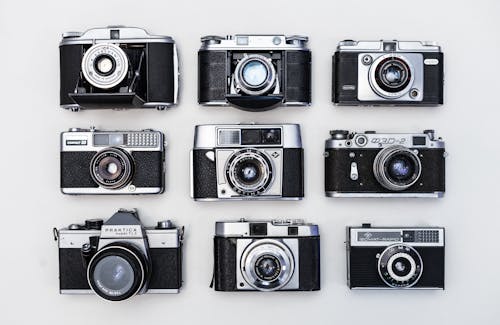
One of the joys of collecting is the opportunity to connect with others who share your interests. Joining a collecting community can provide you with valuable insights, tips, and opportunities to expand your collection. These communities can be found both online and in person.
- Online Groups: Websites like Reddit or specialized Facebook groups offer a space for collectors to interact, share knowledge, and sometimes even buy, sell, or trade items.
- Local Collectors’ Clubs: Some cities or regions have local clubs or meetups dedicated to specific types of collections. These gatherings are a great way to meet people, share your enthusiasm, and potentially find new pieces to add to your collection.
- Expos and Conventions: Many hobbies, such as coin and stamp collecting, have annual expos or conventions where collectors gather to showcase their collections and engage in trading. These events are an excellent way to network with others and see rare pieces firsthand.
Being part of a community can make the collecting experience more enjoyable and provide you with new perspectives.
Enjoy the Journey
Building a collection is a journey, not a race. Enjoy the process of hunting for new items, learning more about the things you’re passionate about, and celebrating each new addition. The best part about collecting is not just the final product but the personal growth and satisfaction that comes with it.
Whether you’re collecting for investment, historical value, or personal interest, remember that it’s all about the joy of the pursuit. There’s no rush—take your time and savor every step along the way.






